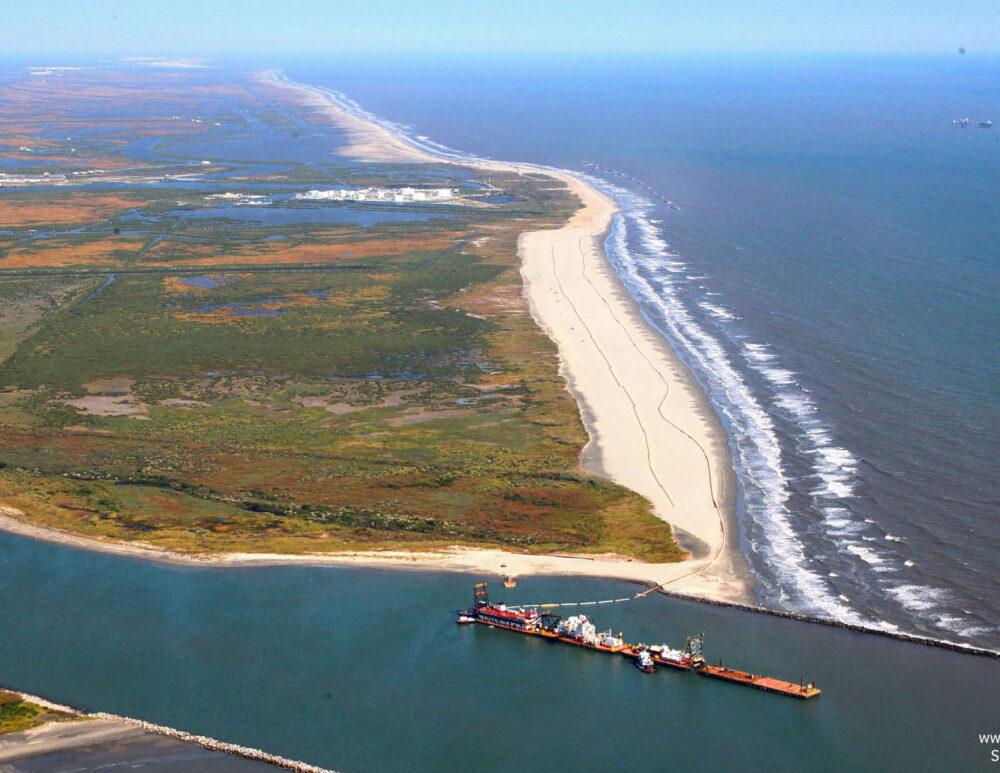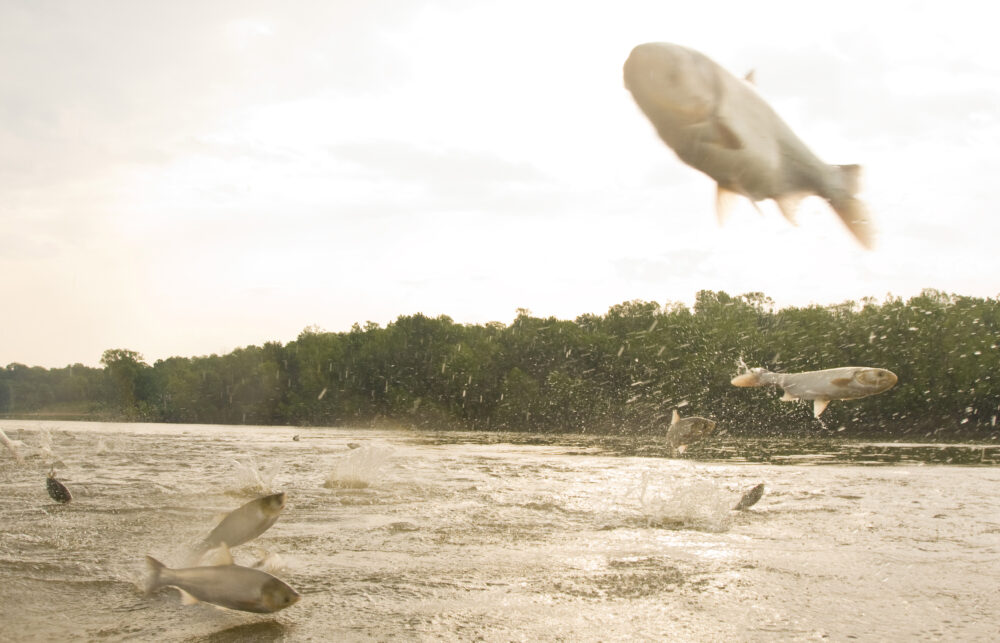We have much more to do and your continued support is needed now more than ever.
Possible Tar Sands Spill Fouls Colorado Creek, Threatens Wildlife and Drinking Water

Environmental Protection Agency officials say small dams erected on a bank overnight appear to be containing an oily muck that’s seeping into a Denver-area creek. Officials are trying to keep it from reaching the South Platte River, which is a major source of drinking water, wildlife habitat and agricultural water for Colorado and the Midwest. […]
EPA spokeswoman Karen Edson said Wednesday that the dams seem to be containing most of the substance. Workers are vacuuming the heaving muck out of the isolated area created by the dams but a sheen remains on the creek.
State health department spokesman Warren Smith says the toxic spill is believed to be coming from Suncor’s refinery. Tests are under way to identify the chemicals and the source.
The possible spill comes just weeks after the State Department delayed a decision on the proposed Keystone XL tar sands pipeline. That pipeline would carry up to 900,000 barrels per day of tar sands oil from operations in Alberta, Canada, more than 2,000 miles to refineries on the Gulf Coast. The pipeline would cut through six American heartland states, including Montana, South Dakota, Nebraska, Kansas, Oklahoma and Texas.
Like TransCanada, Suncor is a Canadian company. In 2009, its Commerce City refinery was given a hefty fine for a series of violations:
Suncor Energy faces $130,500 in penalties for more than two dozen health and safety violations at its refinery in Commerce City.
Suncor allegedly failed to test monitors properly for hydrogen sulfide, a toxic and flammable gas, and failed to follow safety standards while processing hazardous chemicals, according to the federal Occupational Safety and Health Administration, which issued the citations.
Our staff in the National Wildlife Federation Rocky Mountain Regional Center is monitoring the situation and any possible impacts on wildlife. Keep checking back here at Wildlife Promise for the latest updates.





















